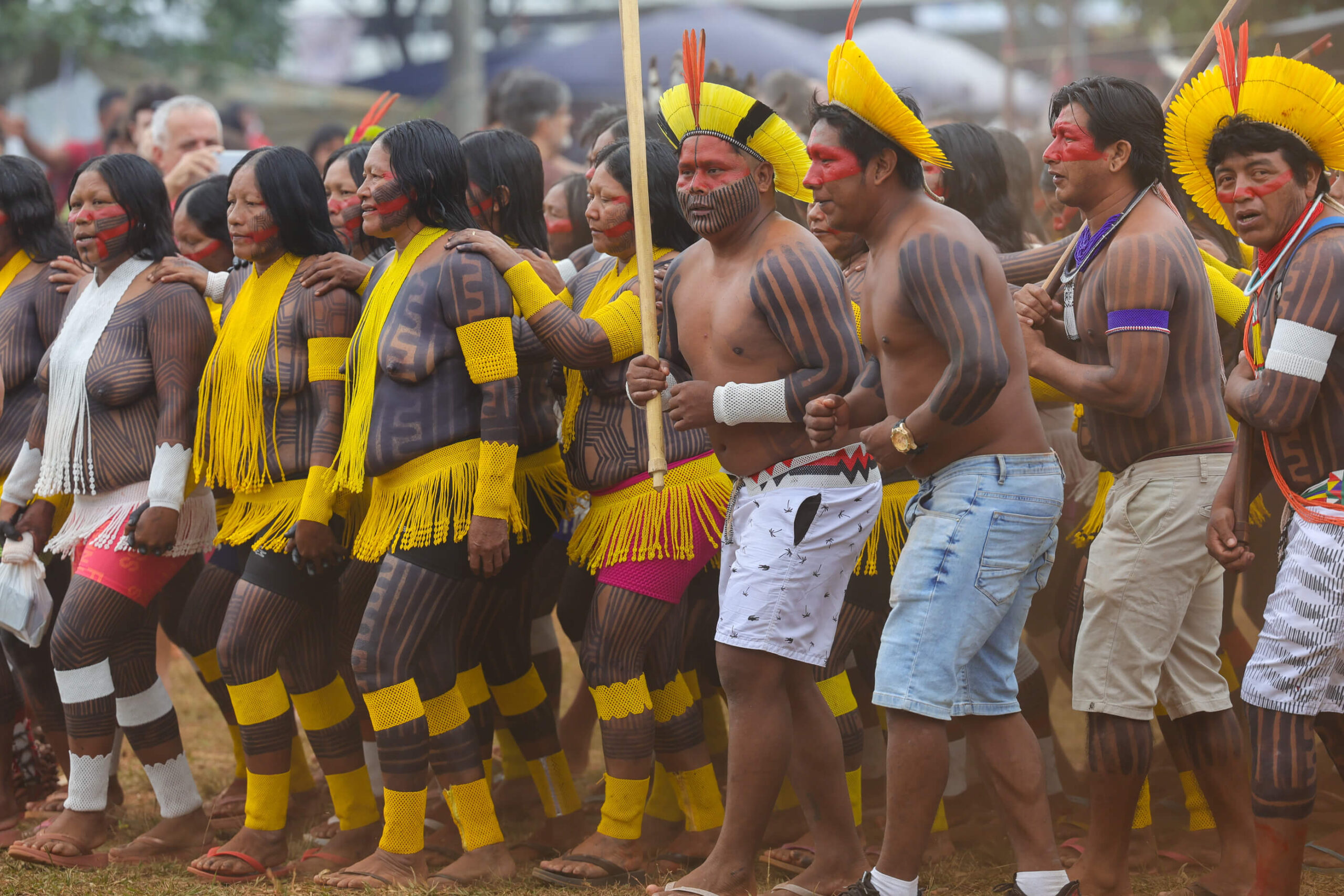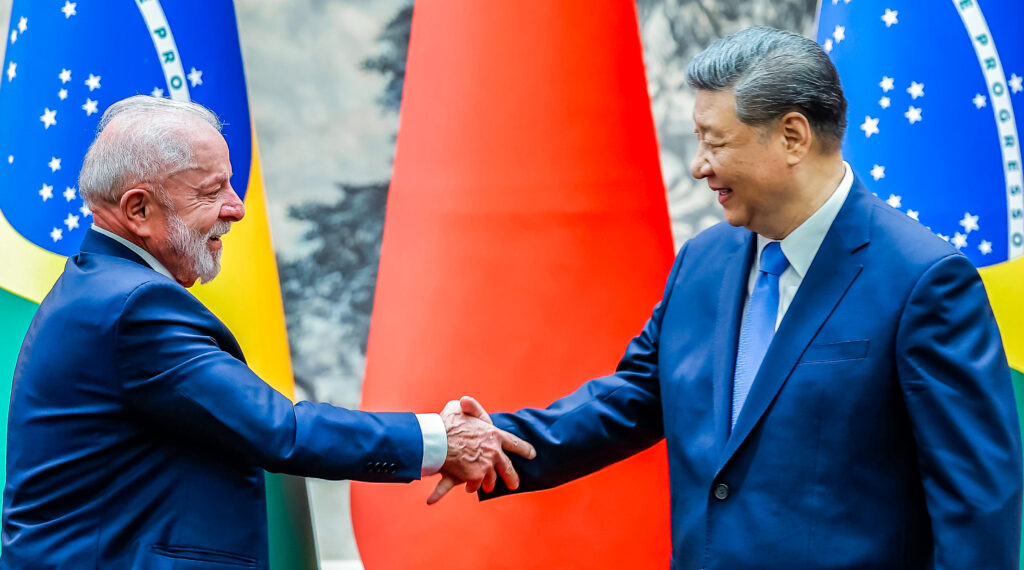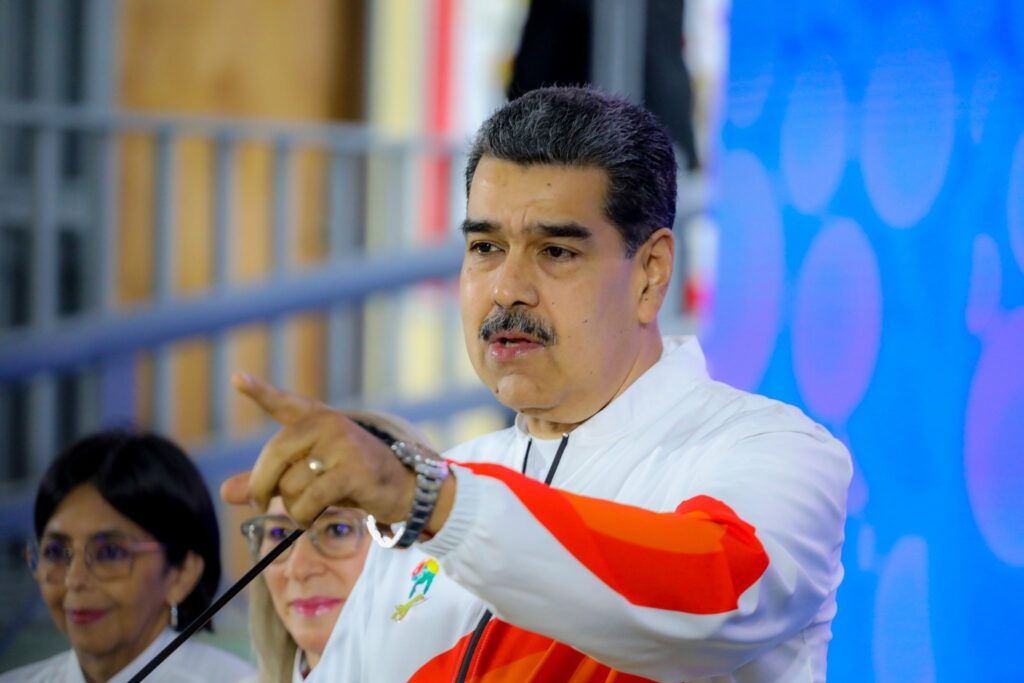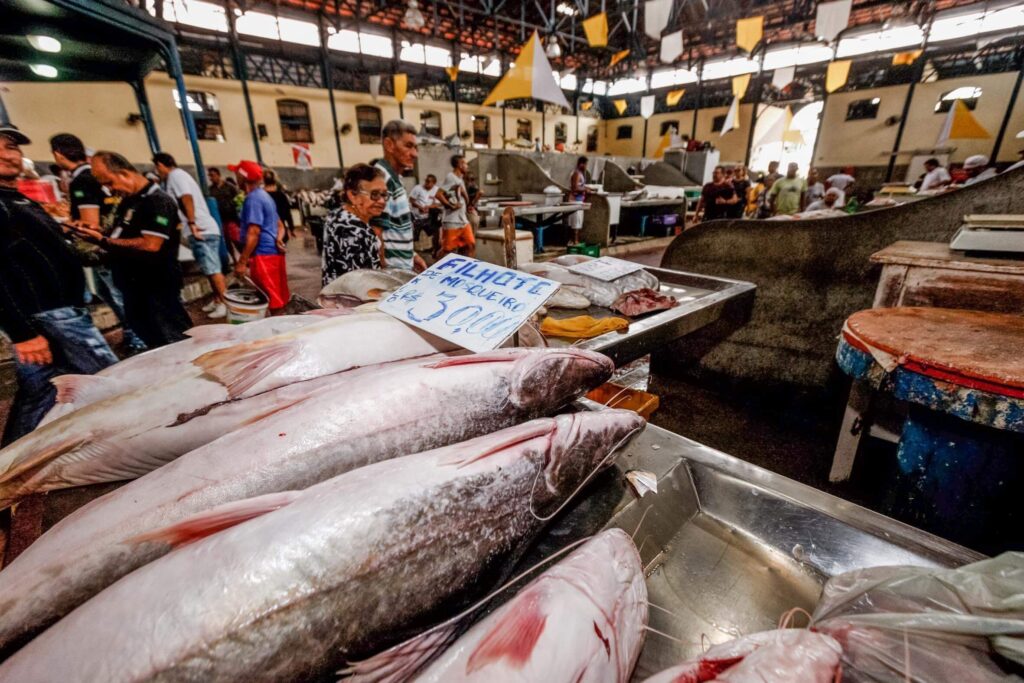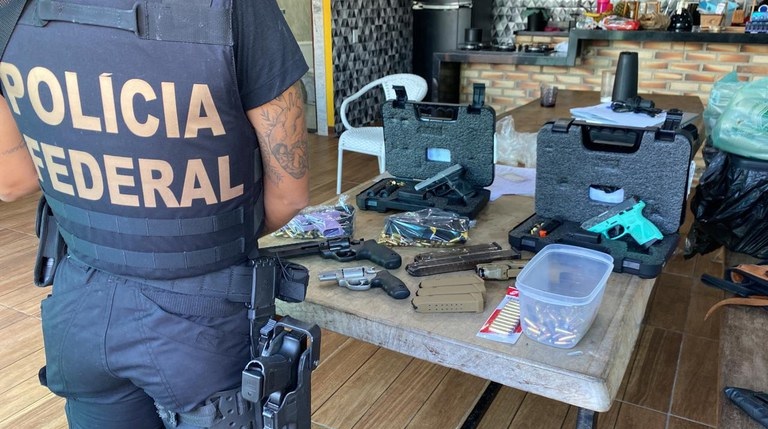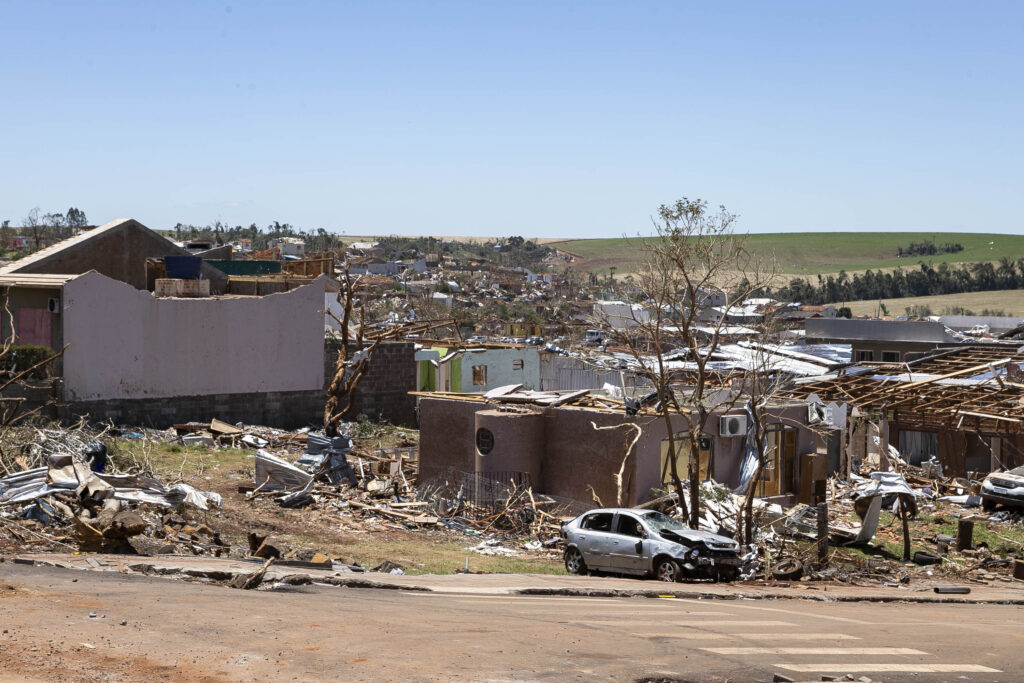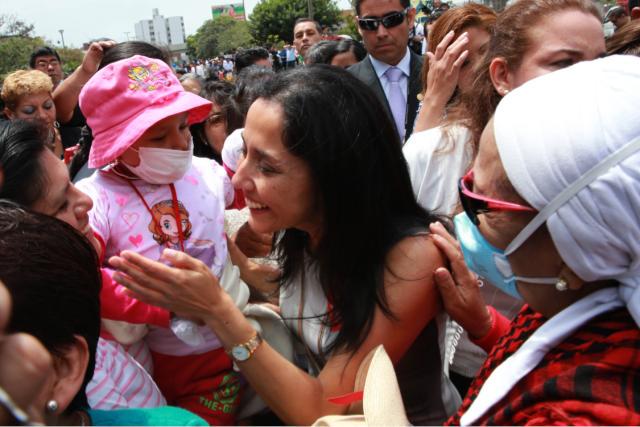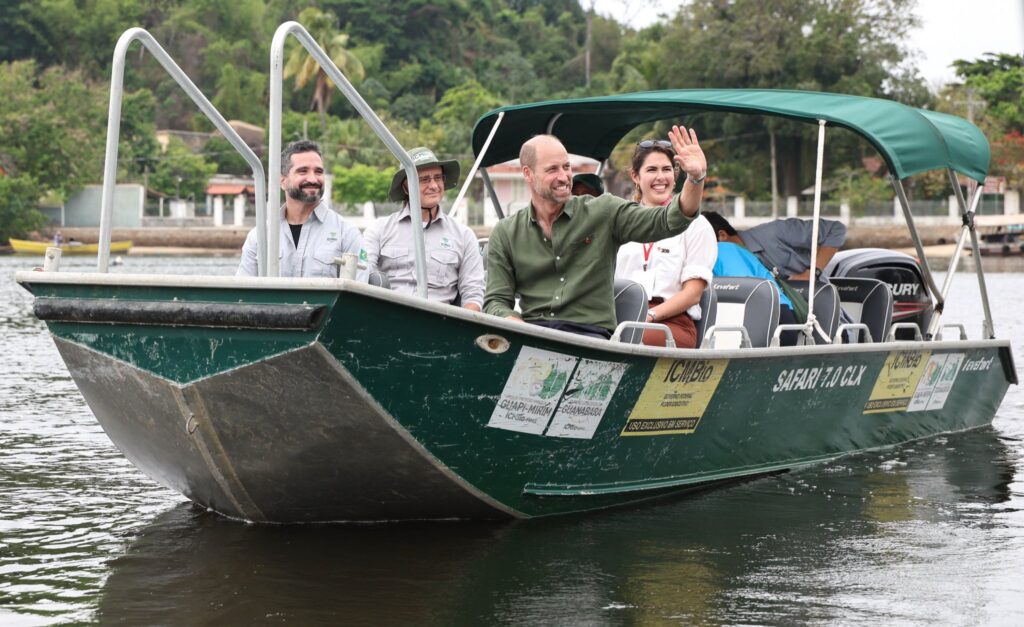São Paulo, Brazil – Thousands of Indigenous people from as far off as Australia gathered in Brazil’s capital, Brasília, this week to voice their demands for territorial and human rights.
The largest mobilization of Indigenous peoples in the country, “Acampamento Terra Livre” (Free Land Camp), drew an estimated 8,000 participants from across Brazil, neighboring Amazon countries as well as Indigenous peoples from the Pacific Islands and Australia. Participants included members of at least 135 Indigenous ethnic groups.
Organized annually since 2004 by the Articulation of Indigenous Peoples of Brazil (APIB), the event has become a powerful platform for Indigenous communities. This year’s agenda focused on two main issues: the demarcation of Indigenous lands and the expansion of basic services within their territories.
In Brazil, land demarcation is a process to guarantee land possession and exclusive use of its natural resources to the Indigenous peoples who live on it. The process ground to a halt during the administration of Jair Bolsonaro, but has been slowly re-initiated by current President Luiz Inácio Lula da Silva.
In February, Brazil’s government issued a decree reinforcing the power of the National Indian Foundation (Funai), which is tasked with protecting demarcated lands from land grabbers.
Indigenous people’s role in protecting the environment
On Monday (7), Indigenous organizations from nine Amazon Basin nations and Oceania signed a joint manifesto emphasizing the vital role Indigenous peoples play in preserving the planet’s ecological balance and combating the global climate crisis.
“We, united by the ancestral strength of the Earth, by the wisdom that sustains life, and by the relentless struggle for a livable future, issue this declaration as an urgent ethical call: the climate crisis does not wait, and governments are failing to act in the face of humanity’s greatest threat,” the document read.
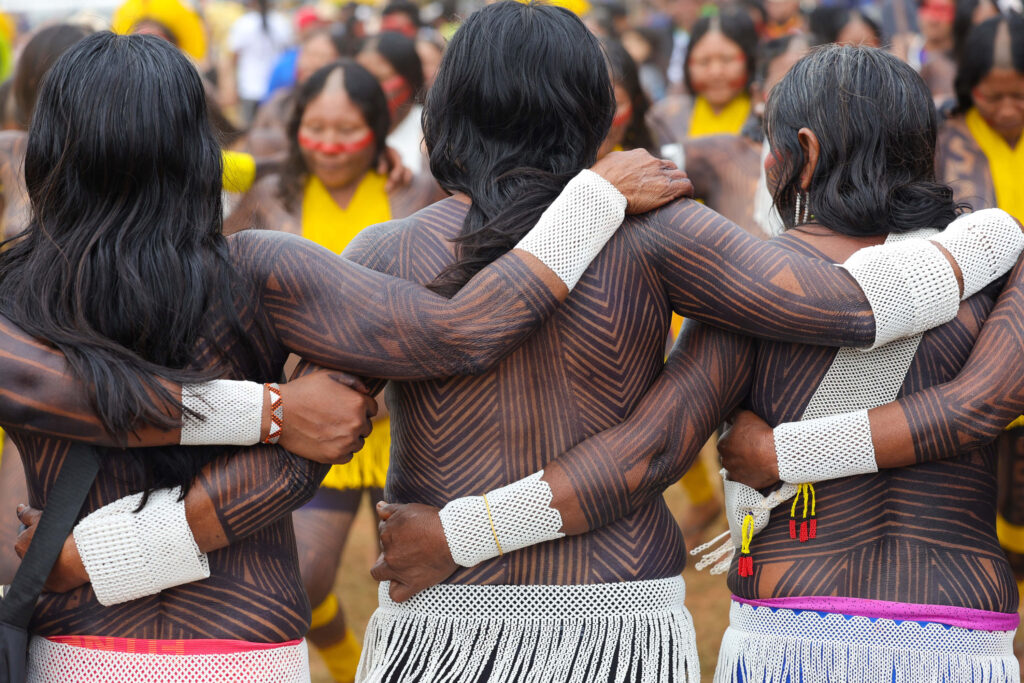
“Our cultures and ancient knowledge make us guardians of the lands and seas that regulate the planet’s equilibrium. The Amazon rainforest and the Pacific Ocean are connected by the same urgency: to protect what is most precious — life itself.”
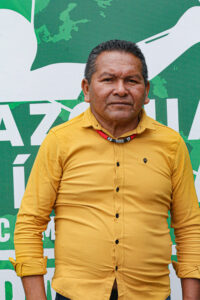
Sergio Marworno, vice-coordinator of the Coordination of the Indigenous Organizations of the Brazilian Amazon (COIAB) and a prominent Indigenous leader from the state of Amapá, told Brazil Reports about the essential role that Indigenous communities play in mitigating climate change.
“Indigenous territories act as barriers against the impacts of climate change,” he said. “Their preserved forests serve as major carbon sinks. The forest stands because of us — Indigenous peoples who manage and protect the biome. We also have the Territorial and Environmental Management Plans (PGTAs), which guide land use and help fight climate change from within our communities,” he said.
Visits from foreign dignitaries
Throughout the week in Brasília, Indigenous groups led marches, participated in public forums and roundtable discussions, and attended a ceremonial session at the National Congress.
Foreign diplomats also visited the Free Land Camp encampment, including Norway’s ambassador to Brazil, Odd Magne Ruud.
The ambassador signed a cooperation agreement with the Xingu Indigenous Land Association to support sustainable development initiatives and help counter climate threats in the region.
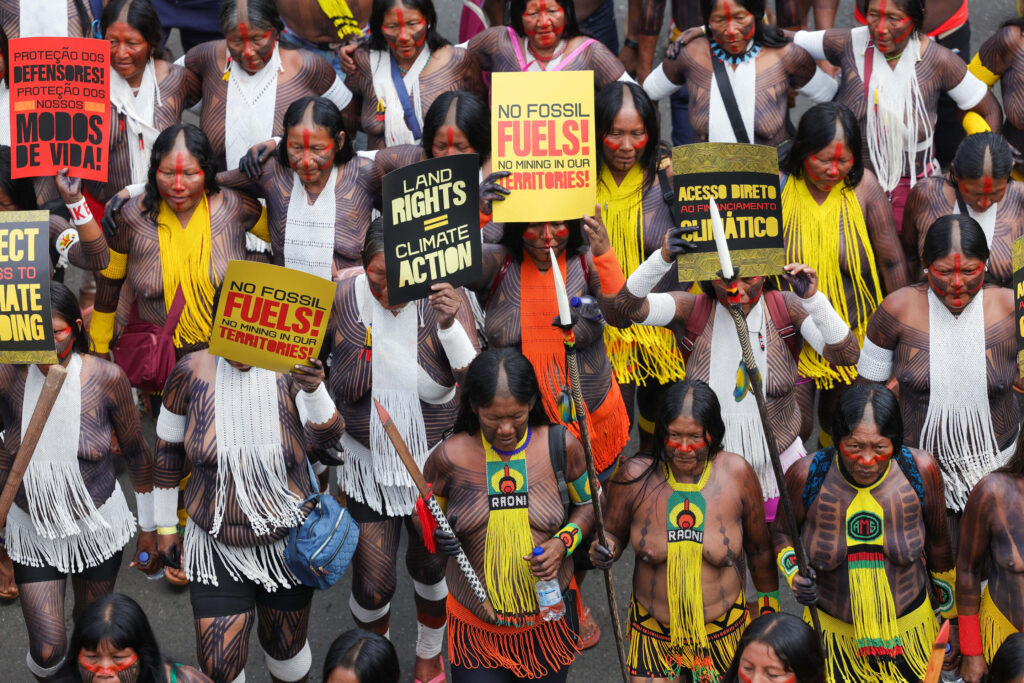
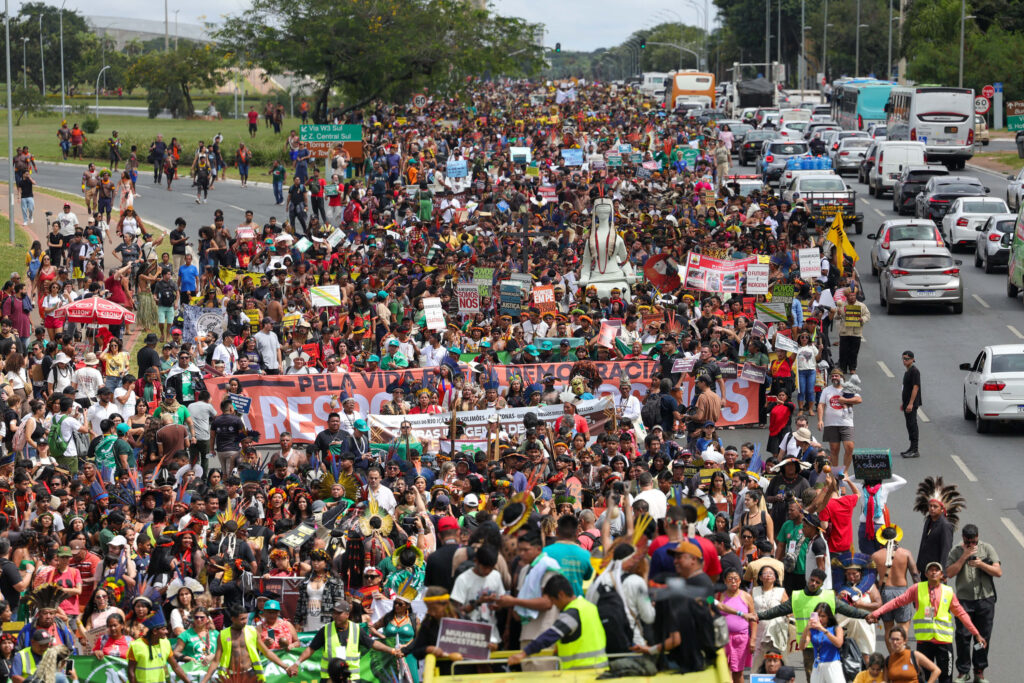
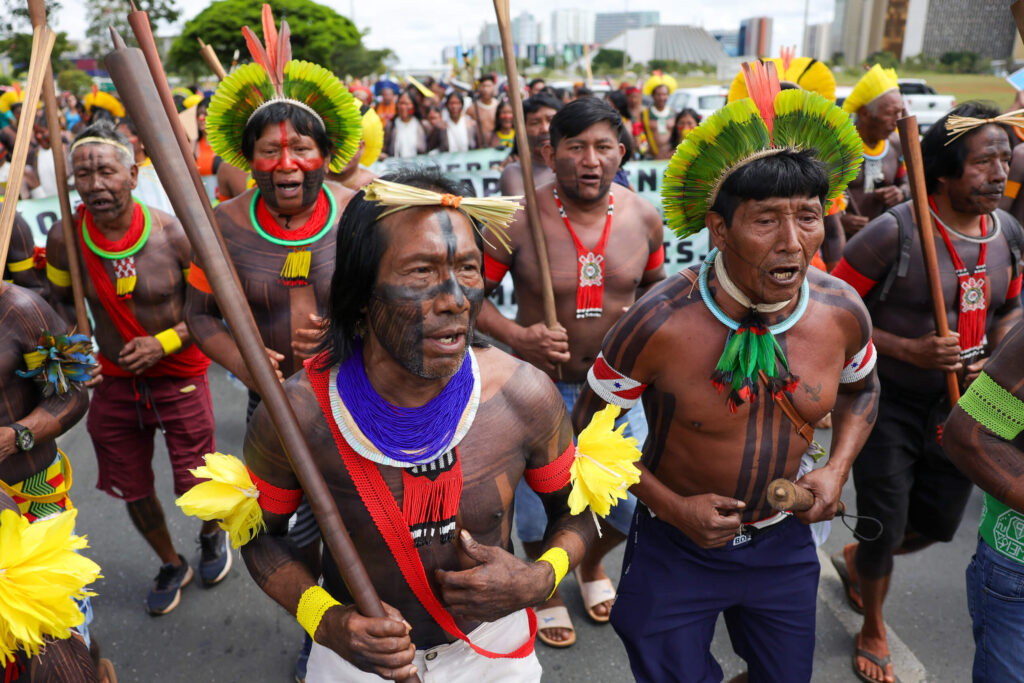
(Photo credits Fabio Rodrigues-Pozzebom via Agência Brasil)
France’s embassy used the occasion to announce a €1 million (approximately $1.12 million USD) donation to three Indigenous organizations: the Raoni Institute, the Aritana Institute, and the Xingu Indigenous Land Association. The funds will support territorial protection efforts, income generation through bioeconomy projects, and institutional strengthening. The organizations will manage the resources and be responsible for designing and implementing the initiatives.
The announcements come just months after the Trump administration cut USAID funding which could impact conservation efforts. Last year, the agency sent over $22 million to Brazil, $14 million of which was earmarked for conservation in the Amazon.
According to Marworno, the mobilization in the nation’s capital is a key moment to amplify Indigenous voices and put pressure on the federal government to act.
“The government must reinforce the institutions and programs responsible for protecting Indigenous lands, such as Funai and PNGATI [the National Policy for Territorial and Environmental Management of Indigenous Lands],” he said.
“We need greater investment and commitment to address the urgent needs of our communities and safeguard all Indigenous territories across the Amazon.”
Featured Image: Indigenous people at the Free Land Camp in Brasilia (Photo credit Fabio Rodrigues-Pozzebom via Agência Brasil)


